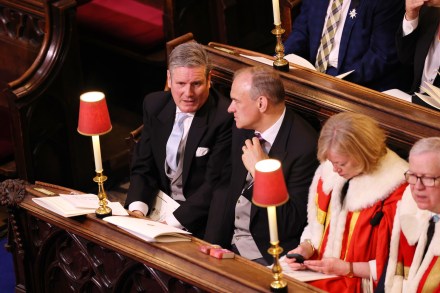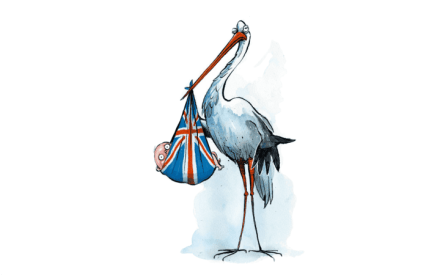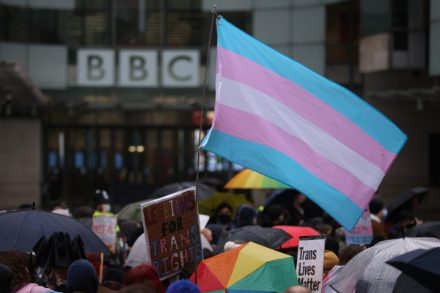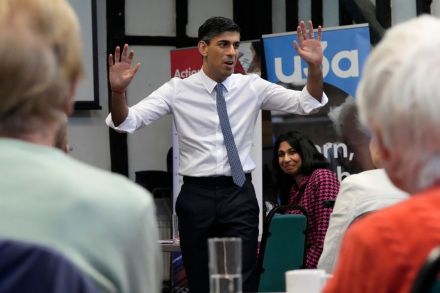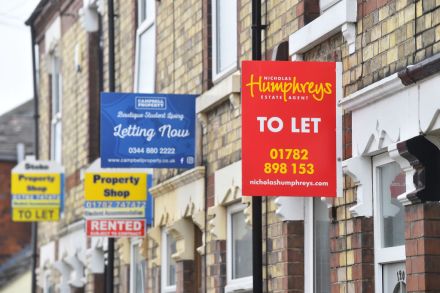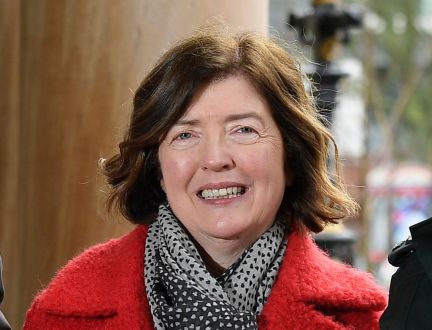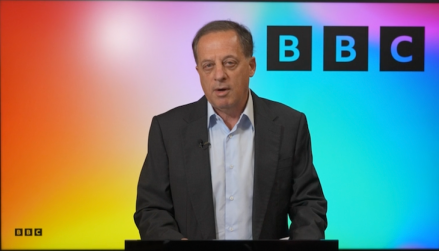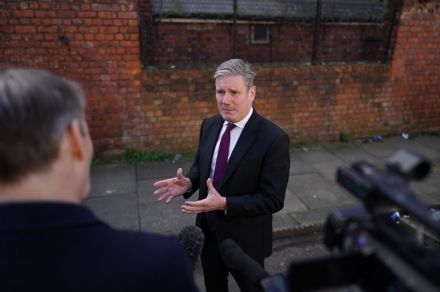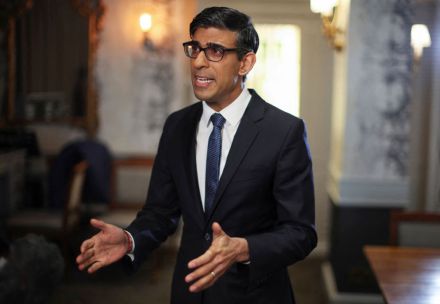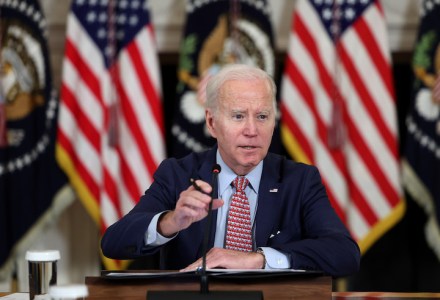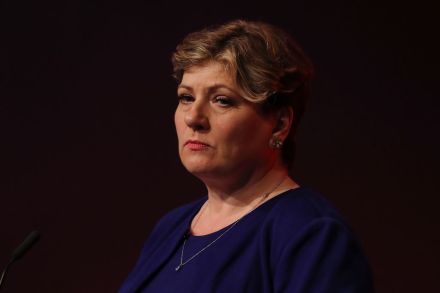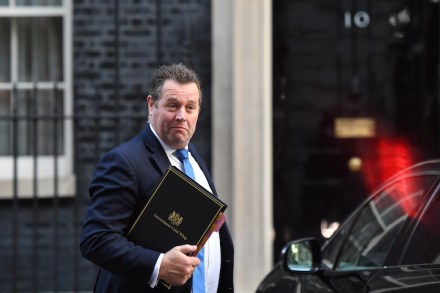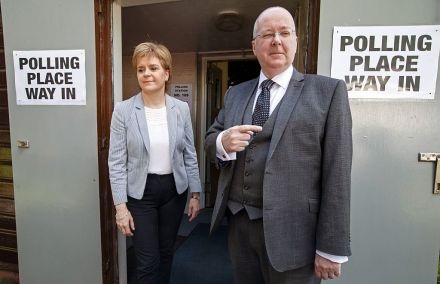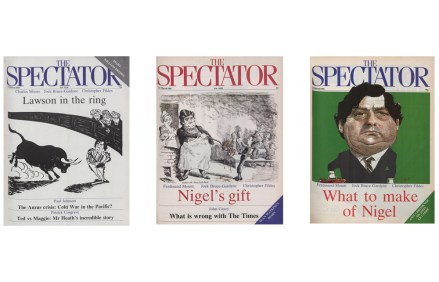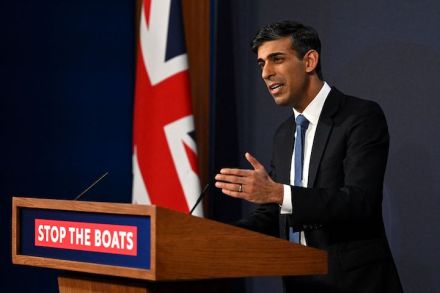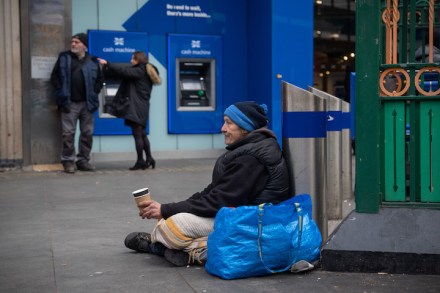A Lib-Lab coalition would be hilarious
Talk of a new Labour-Lib Dem coalition is in the air. This is piquantly nostalgic to those of us whose earliest political memories were forged in the fire of the red-hot excitement of David Steel and Jim Callaghan’s short-lived Lib-Lab pact of 1977-78. My initial reaction, along with many others I’m sure, was a guttural ‘oh God no’. But a moment later a different aspect of it occurred to me, in a fine example of what the young people call ‘cope’. My banter senses started to tingle. Because, yes, it would drag out and exacerbate the country’s current despairing decline. But it would also be hilarious. PR might very well
